Dhaka, Feb 08 (V7N) – Asif Nazrul, Legal Advisor to the interim government, firmly stated that the government has no intention of prolonging its tenure beyond its mandate. Speaking at a briefing at the Foreign Service Academy auditorium on Saturday evening (February 8), Nazrul emphasized that the implementation of the reform program has already commenced.
Reform Program in Motion
Nazrul outlined that 2,000 recommendations have been made by the six reform commissions established by the interim government. He clarified that while some reforms will be executed immediately through executive orders, broader reforms will require consultation with political parties.
“The reports of the six reform commissions have been uploaded online,” Nazrul confirmed. “These commissions have proposed reforms at various levels, many of which can be implemented before the next election. However, certain immediate issues will necessitate consensus with political parties.”
Consultation Timeline with Political Parties
Nazrul announced that the first formal meeting with political parties and stakeholders is expected to be held in mid-February. The exact date will be finalized after discussions with the concerned political entities. This meeting will be chaired by Dr. Muhammad Yunus, the head of the National Consensus Commission.
“We will convey the recommendations and reform reports to political parties and the forces supporting the July mass uprising,” Nazrul said. “The first formal meeting will be held based on discussions and agreements with them.”
Publication of Reform Reports
Earlier on Saturday afternoon, the full reports of the six reform commissions were published in six separate files on the Cabinet Division’s website. These commissions, formed to address critical areas like the Constitution, Election Commission, Police Reform, Anti-Corruption Commission (ACC), Public Administration, and the Judiciary, were tasked with providing comprehensive recommendations for immediate and long-term reforms.
Nazrul reiterated that while the interim government will act on proposals that fall under its executive authority, major reforms will be thoroughly discussed with political parties to ensure broad consensus and sustainable implementation.
Reform Commissions and Their Leadership
The interim government formed these commissions under the leadership of respected figures in various fields:
- Badiul Alam Majumder, Editor of Sujan (Citizens for Good Governance) – Election Reform Commission
- Safar Raj Hossain, Former Public Administration and Home Secretary – Police Reform Commission
- Justice Shah Abu Naeem Mominur Rahman, Former Justice – Judicial Reform Commission
- Dr. Iftekharuzzaman, Executive Director of Transparency International Bangladesh (TIB) – ACC Reform Commission
- Abdul Mueed Chowdhury, Former Caretaker Government Advisor – Public Administration Reform Commission
- Dr. Ali Riaz, Professor of Government and Politics at Illinois State University, USA – Constitutional Reform Commission
Looking Ahead
The interim government’s proactive steps toward reform, coupled with its commitment to democratic processes, have sparked hope for significant institutional changes. As the country approaches its next election, the focus remains on whether these reforms will receive political consensus and lead to long-term governance improvements.
Nazrul concluded the briefing by reaffirming the government’s dedication to transparency and public accountability, promising that future decisions will be made with input from political parties, civil society, and pro-democracy forces.
END/MSS/AJ



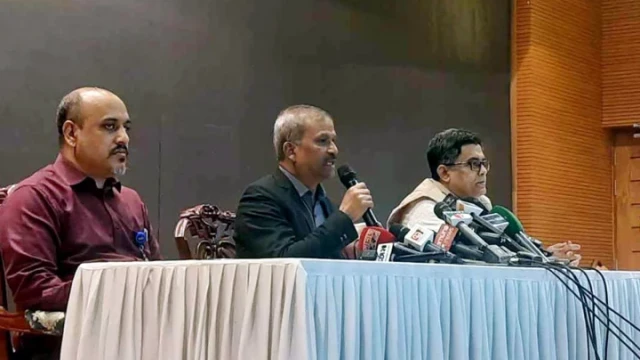
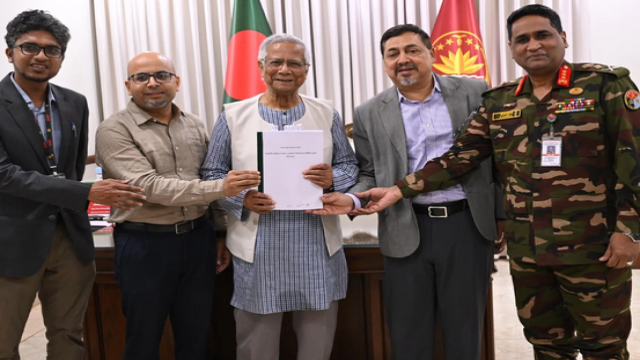
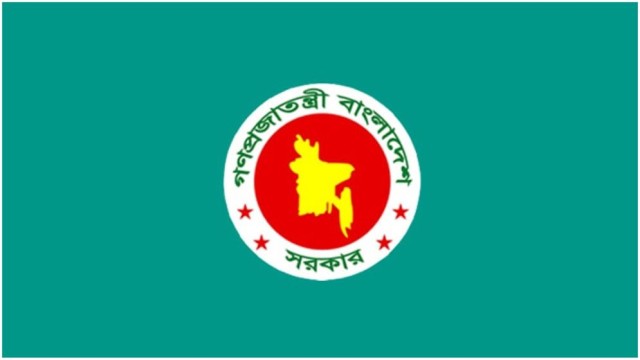
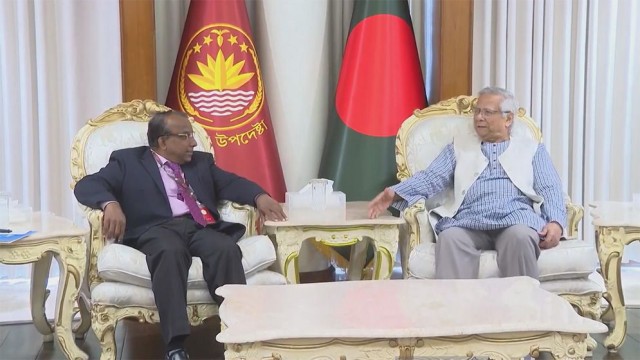
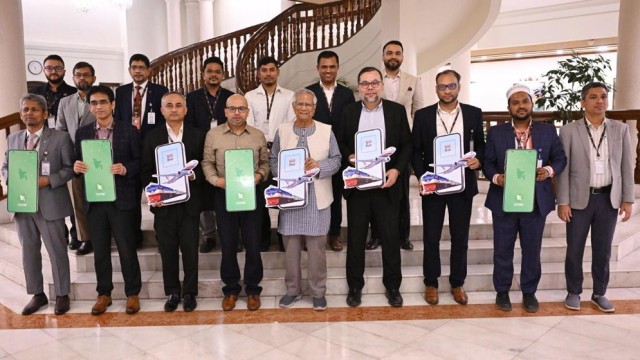
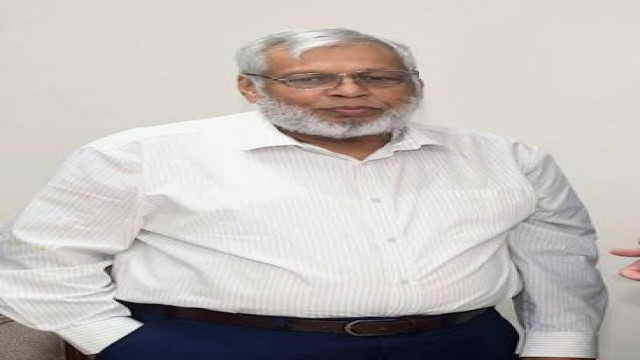
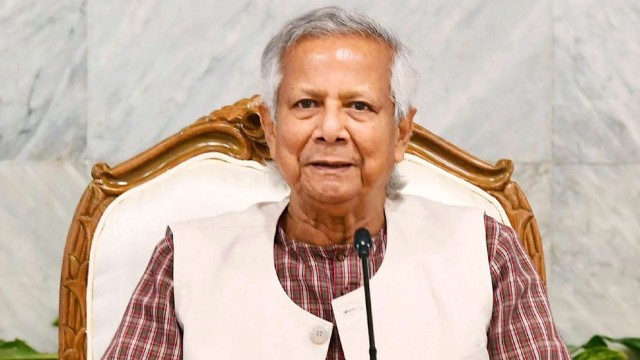
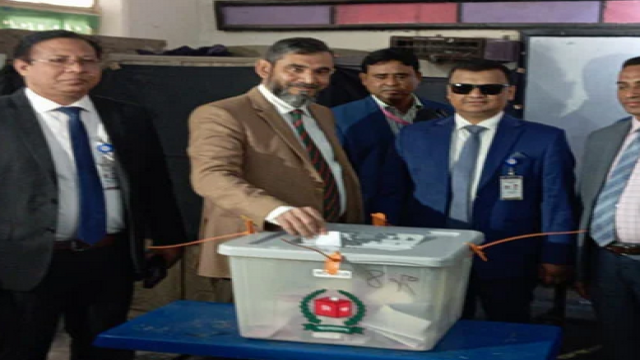
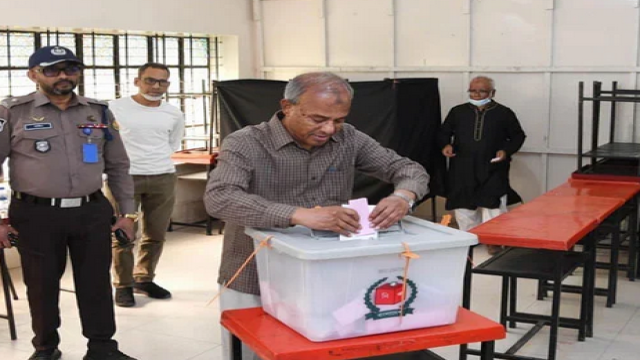
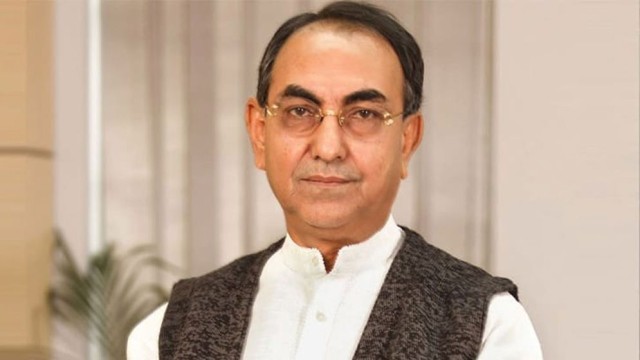
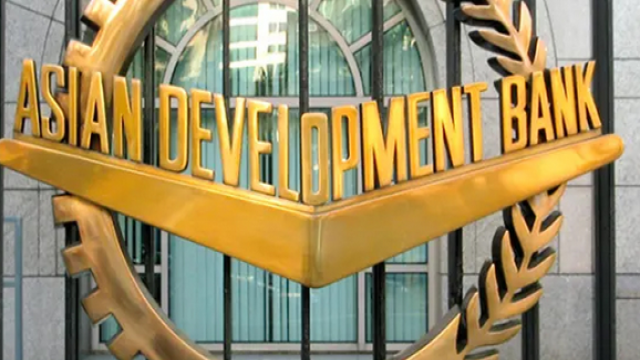


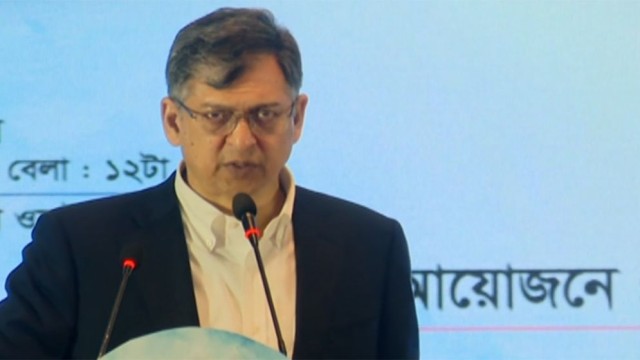


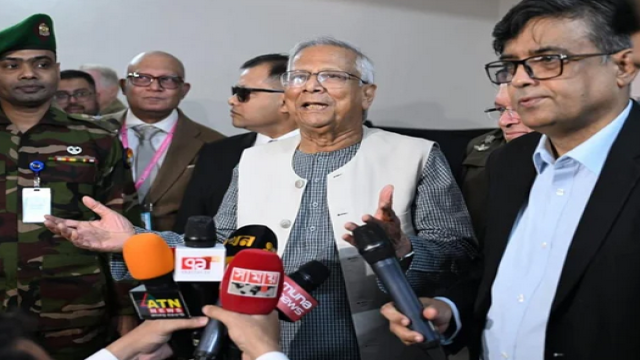











Comment: